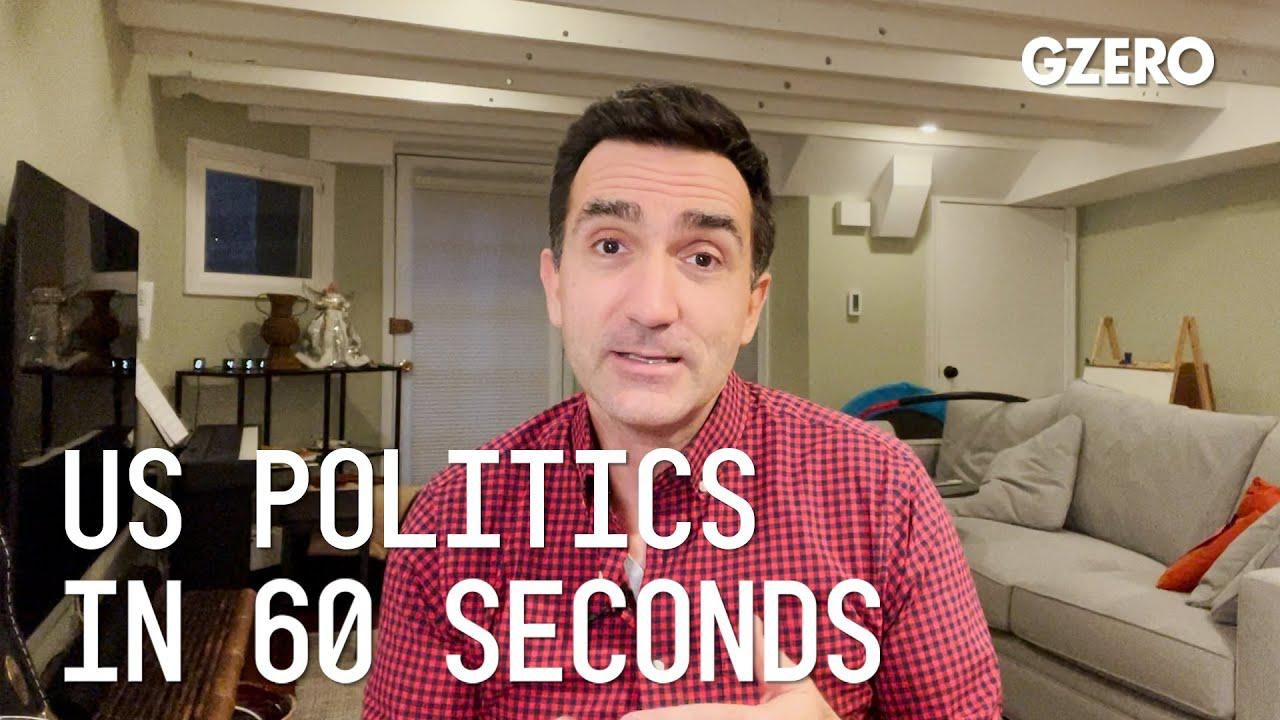
Well, I can think of five. The first and most important was probably January 6th. Historically important moment, rioters breached the Capitol building in order to stop the legal counting of the presidential election results, but also, it was an important moment because it created a dividing line for Republicans who had to decide if they were with President Trump, who had a role in instigating the riot, or if they were against him. A lot of Republicans ended up choosing to be with him creating various forms of apologies for the rioters over time, and even to some degree making martyrs out of some of them. This will be a really important defining moment, not just in American history, but also for the Republican party.
Second was the passage of the American Rescue Plan in the spring of this year. A $1.9 trillion bill that piled on top of the already $4 trillion in stimulus that Congress had passed in 2020 in order to help fight the coronavirus pandemic. Why was this significant? Because it wasn't necessary. What it ended up doing was overheating an economy that was already starting to recover from the pandemic providing households with $1,400 checks and continuing to pay people not to work and has contributed to the high pace of inflation that's been seen in the second half of 2021, which in turn has hurt the chances of President Biden's Build Back Better bill from passing into law. So this turned out to be a very significant moment even though it wasn't obvious at the time.
Third point, the withdrawal from Afghanistan. This is when you really started to see a steep decline in President Biden's approval ratings because the withdrawal got directly at the issue that he had built his campaign around, which is competence. The botch withdrawal, the headlines, the chaotic scenes at the airport really started to make it seem like perhaps the Biden administration didn't know what they were doing. That's been a drop from which they haven't recovered.
Also, something that happened over the summer I want to highlight was the CDC recommending masks indoors in response to the delta wave of the coronavirus. While I don't think this in and of itself was a politically significant moment, the return of the coronavirus in 2021 is going to be one of the defining things in Joe Biden's presidency. It's yet another reason that his approval ratings have been dragged so low and it's something that he just can't shake. This will be an ongoing storyline in 2022.
Finally, I think the fifth significant moment of the year gets at something else that's been hurting Joe Biden politically, which is inflation. He chose to renominate Jay Powell who was President Trump's fed chair because of the credibility Powell's built up as an inflation fighter helping the fed to pull out of the extraordinary measures they took during the pandemic and clear a path towards raising interest rates sometime next year. But his renomination is basically an endorsement of the fed's loose monetary policies and an endorsement of Powell's ability to keep inflation in check starting next year. This is going to be a huge story and it's a really big political priority for the Biden administration fighting inflation, and this is not the last you're going to hear about this.